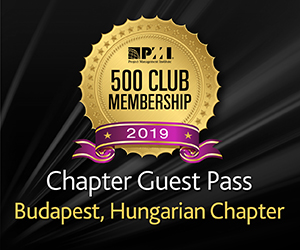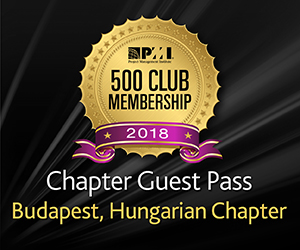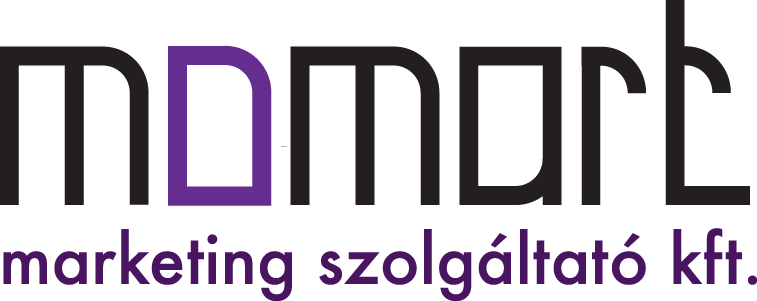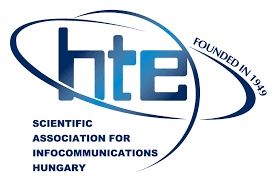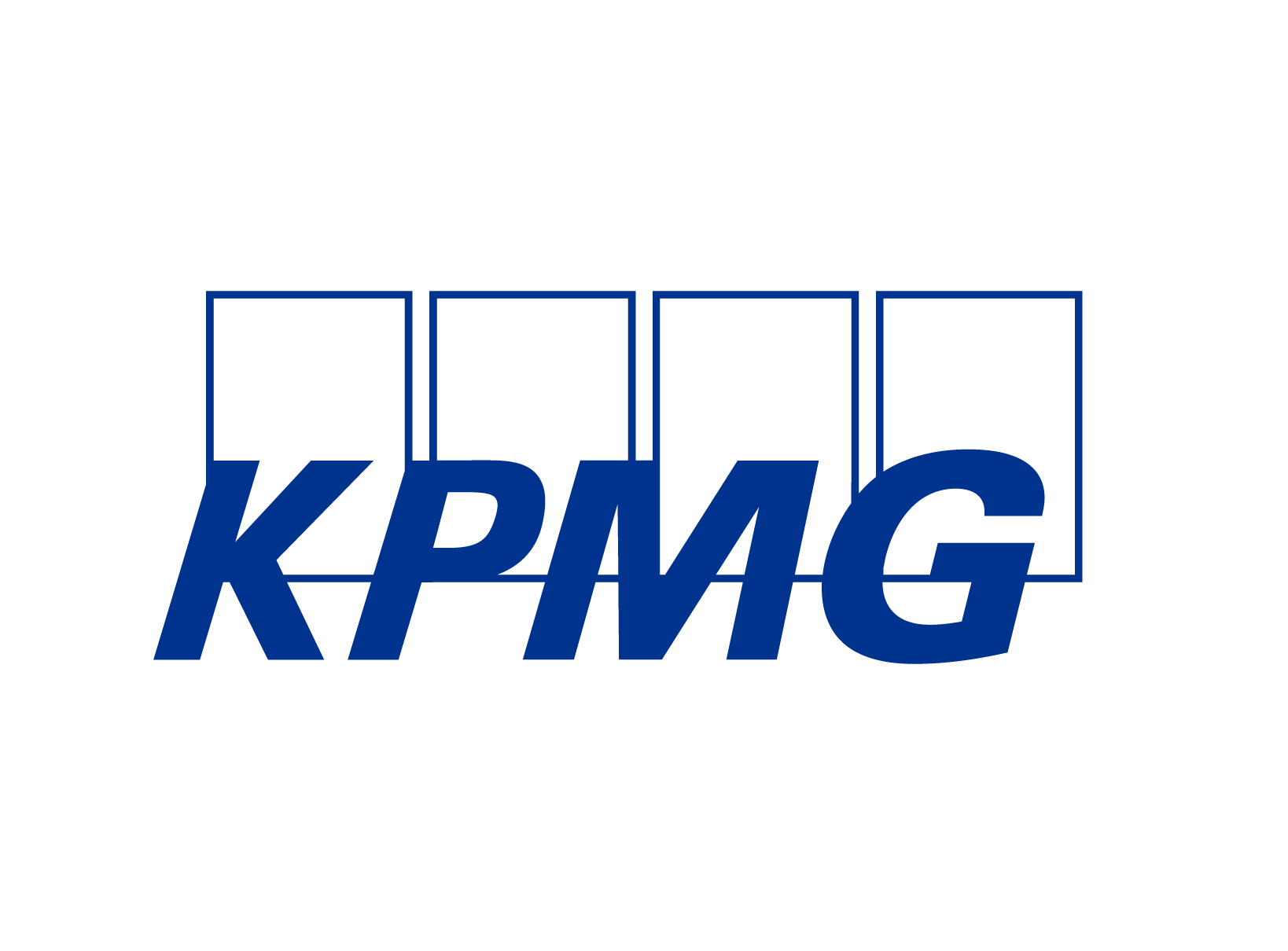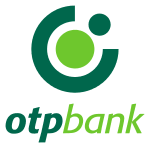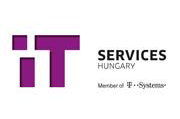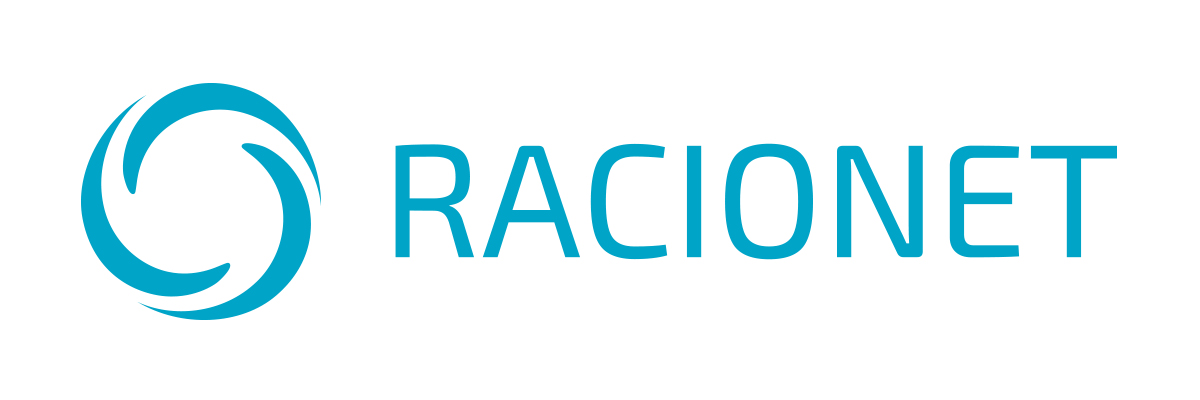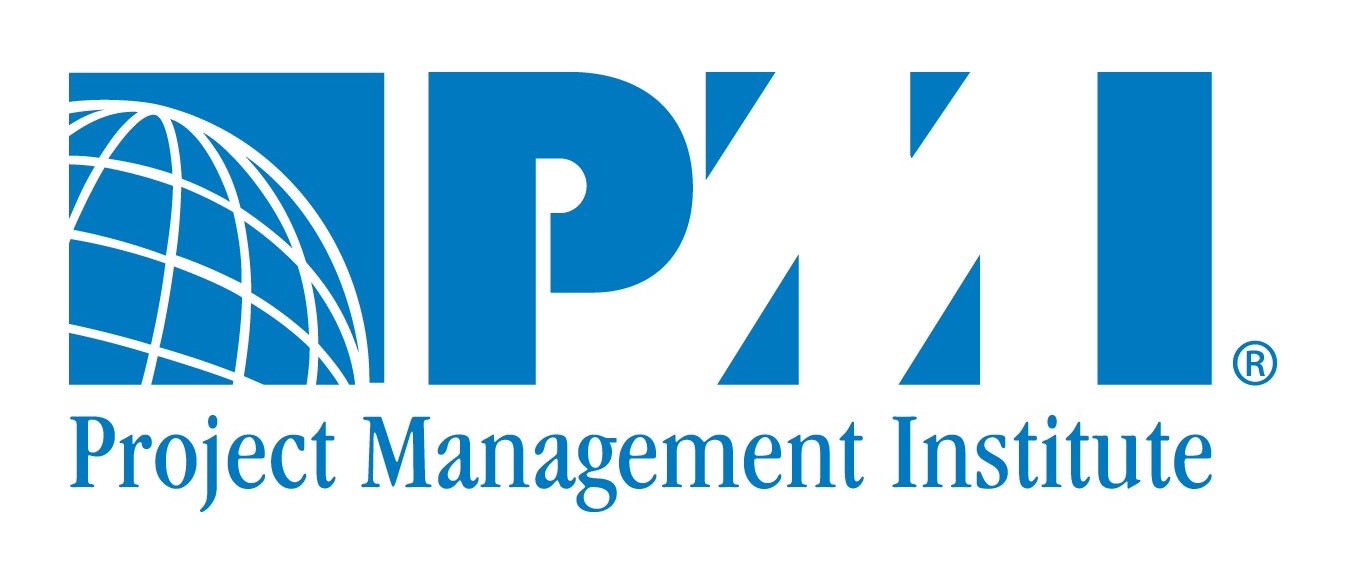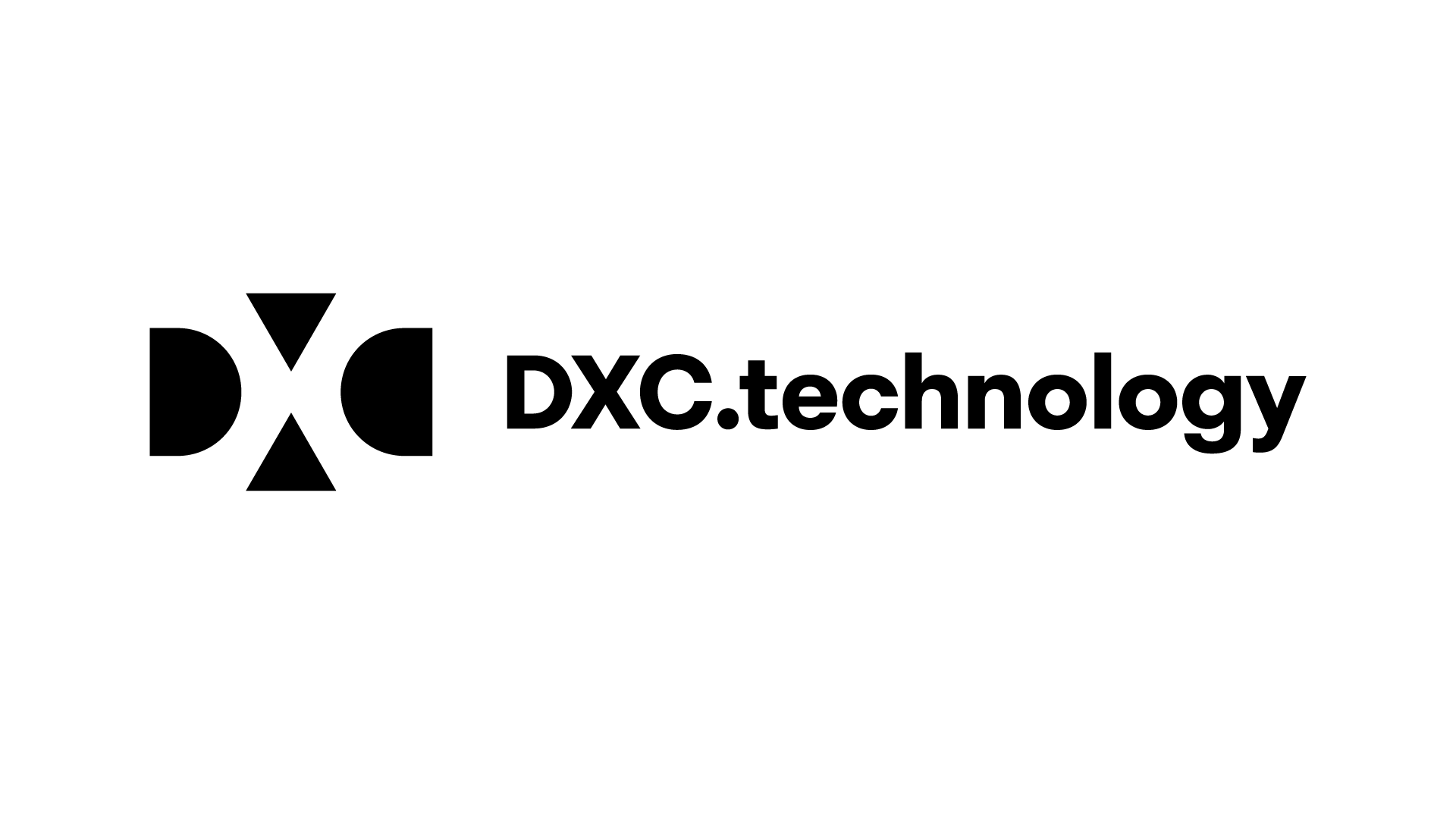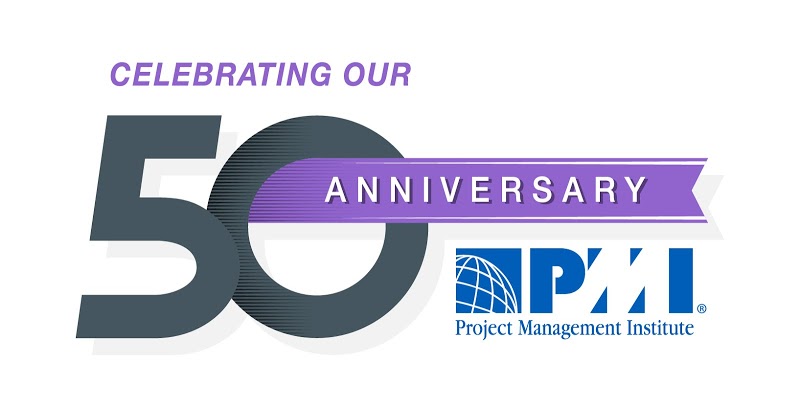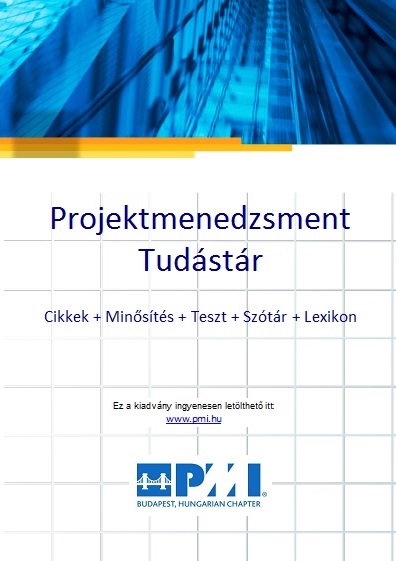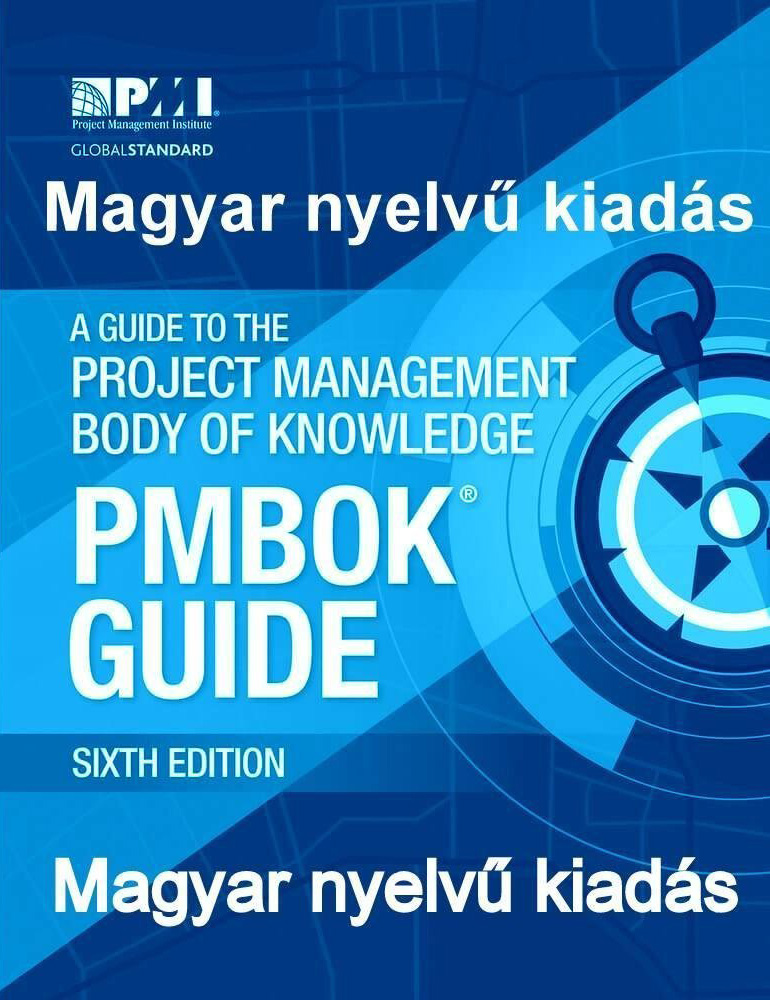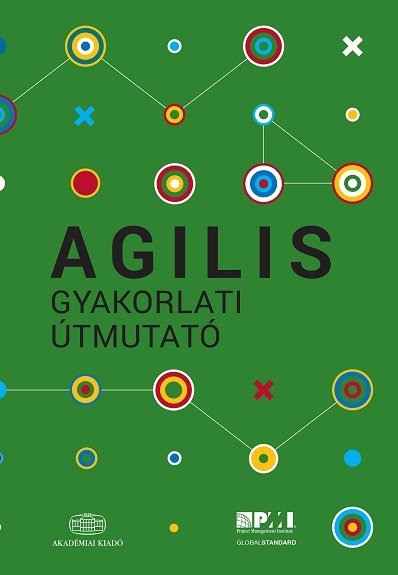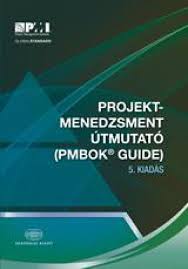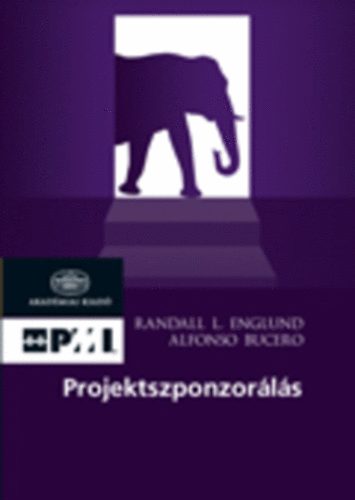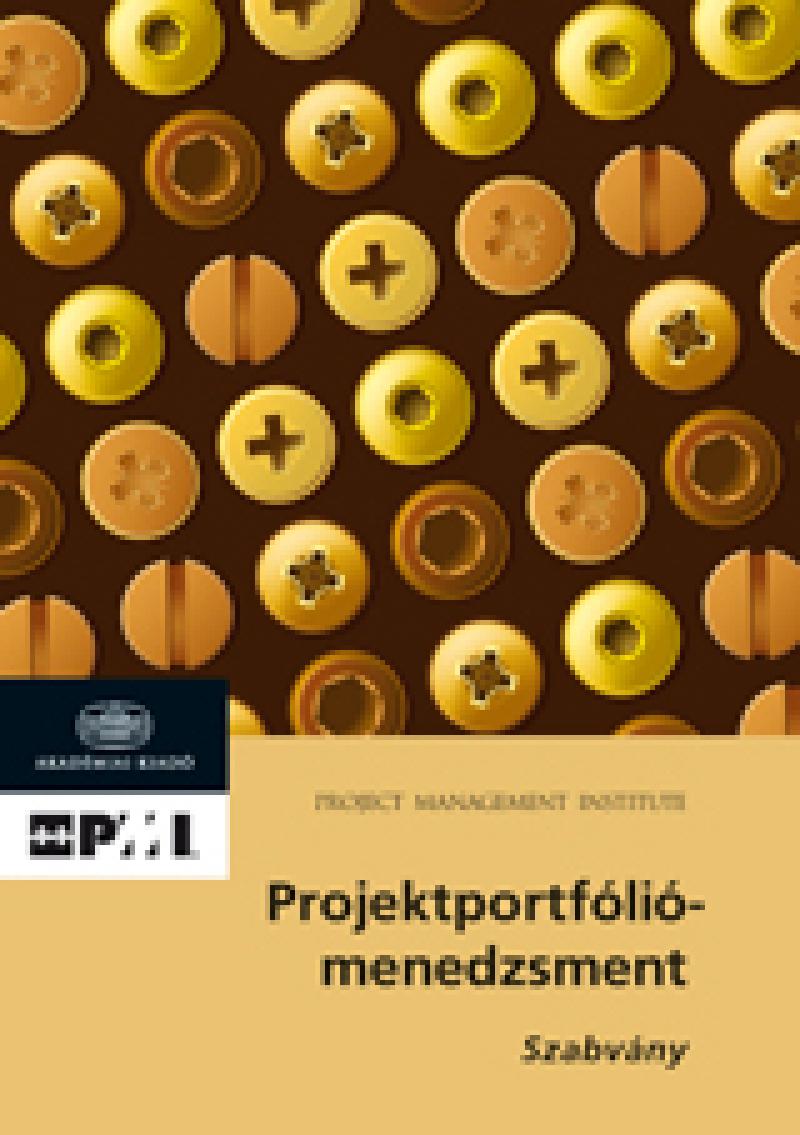PMI Budapest Chapter held its PMPub event on 16th May 2017 at Közgarden.
PMPub is the chapter’s networking event for English-speaking project managers to share their experience, local practices and to develop their PM skills at a pub while drinking a beer. The event is also a good opportunity to collect PDU at the same time.
PMPub invites a special guest, an expat leader who is devoted towards the project management and already has spent some years in Hungary.
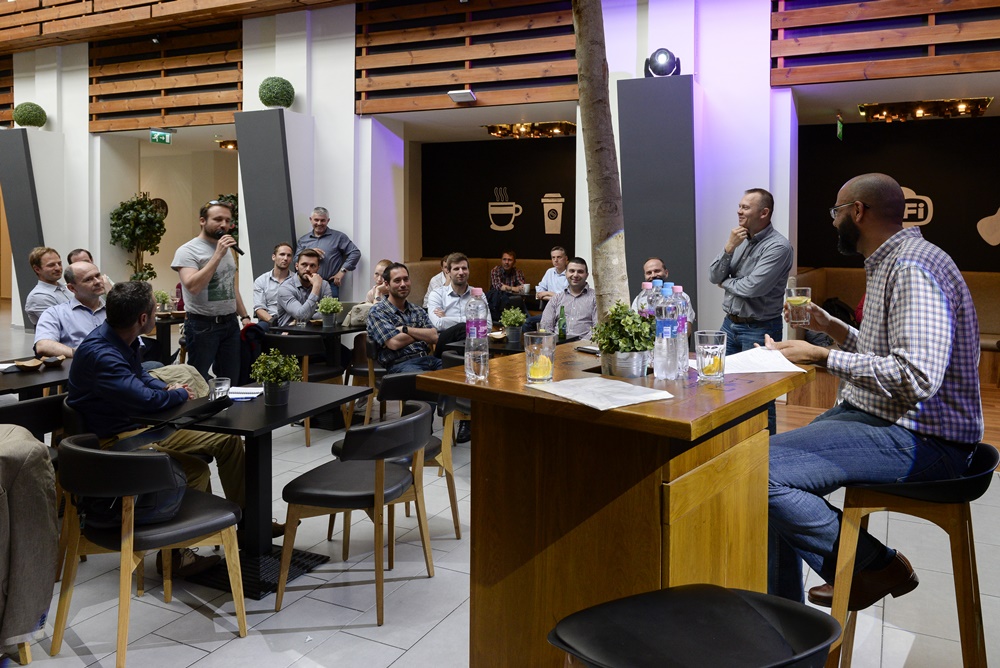
In May, our guest was Andreas Douglas, Director of Engineering Driver Assistance at Bosch Hungary, who is responsible for the project culture development at Bosch Hungary.
The moderator who prepared the discussion and asked Andreas was Zoltán Sándor, recently elected vice president of the chapter.
Andreas’s personal introduction: Andreas is from the US, he has 5 kids. He was working for electronic companies, automotive and transport industries. He’s been working at Bosch parent company for 11 years, in Hungary for 3 years.
Andreas has had PM experience for more than 10 years in different domains. His primary focus area is the automated driving cars.
And here come the major messages from Andreas in Q/A format!
Q1: As an expat working in Hungary and having strong multicultural experience do you see any specifics regarding working culture in Hungary in general?
A1: There are some cultural differences when you try to communicate with a Hungarian. Body language is quite unique in Hungary (i.e. the meaning of hem / throat-clearing noise).
Organisational hierarchy: in Hungary, the boss is the boss, in the US everyone is on the same level. There are some differences in terms of how and what we communicate in the hierarchy.
Q2: What can be the reason of this hierarchical way of thinking? Hiding things from management?
A2: US people are more straightforward, in Hungary people are more cautious, they don’t want to blame someone else. People may think if they do, act, or say something there can be any kind of consequences. In Hungary, people think the management is “there” above, and we are down “here”.
Q3: After noticing this behaviour, what did you do: try to influence or change it, or could you live with it?
A3: I would say both. People have their own life. We need to understand how they behave. We must have certain sensitivity how to communicate with people, but business is not so forgiving. The organisation doesn’t accept explanations. We need to deliver. Risk identification is very important. We must “train” people how to handle risk. In general, a project manager has the power to manage projects, but management makes the decision. PM should have the power to influence decisions and to support colleagues in the projects.
Q4: Is there industry specific PM, or are there any differences, eg. between IT and automotive industry?
A4: At a high level, project management is PM everywhere. Bosch uses PMI tools and methods.
At lower level: there can be differences between industries. i.e. it depends on what you deliver, how many products you have to produce (1-piece vs. mass production), what the industry’s specific regulations are, what the processes are, what kind of risks you face, what kind of health or safety concerns are etc. These factors can affect PM approaches at lower levels.
Q5: If I have 10 years PM experience in other industry (i.e. IT), can I apply for a PM job in automotive, and vice versa?
A5: There are some factors that should be considered hiring a project manager from other industry, what kind of PM am I looking for?
- There must be a good balance between theory and practice;
- Motivation is the key (towards the new industry);
- Knowledge, experience and understanding the business is also a key factor;
- Personality.
There are transferable factors. For example, PM experience, personality and motivation can be transferred.
I had hired IT project managers before and they had fit to the automotive industry as well. People have to be flexible, they should have some technology basics and must have a right attitude to “re-learn” things. It is also very important to manage people and projects in an adequate way; this attitude can be transferred too.
Q6: Can you see differences in terms of project management when you work with virtualized teams across multiple countries? What are the challenges and success factors?
A6: Hungarians are good at taking care of people/customers and each other. Understanding, listening and empathy are very important. The most important in managing virtual teams is to understand people on the other side (on the phone line).
People can perform better in teams than individually. If we work in teams we have to be cooperative. Strategic thinking is also a key factor: anticipation can help us in handling different issues.
Bosch offers cultural and language trainings. Further to that, there are several kinds of workshops for acquiring PM approaches (waterfall, agile) to have a common basis of business communication. When people come together and have the opportunity to know each other is also very important during setting up a virtual team.
Q7: What are the main differences regarding project management in Hungary vs. the US if there are any?
A7: German companies – like Bosch – are mainly process oriented and have strict structures. US companies have more “lighter” structures, they focus on how things should be done. Hungarian companies are somewhere halfway between US and German models. Hungarian also seek “kiskapu” ☺ during solving problems.
Hungarians are very good at PM fundamentals. Industry specific knowledge has to be reviewed on individual level.
Q8: How do your company handle the industry specific project management? For example methodology, management style, portfolio management, project success factors.
A8: Bosch has 4 main business sectors, and projects are performed by PMI tools and techniques. There can be differences in deeper levels of these sectors, but the point is how to apply the methods and tools.
Q9: Managing industry specifics is not only a PM task. What should team members do in terms of minimising risks when working in industry specific projects?
A9: People are only looking at their own little world which can be quite dangerous. They should be aware what is around them as well.
On the other hand, managing change is also crucial. Sometimes people just don’t see their responsibilities. Listening and understanding the customers’ needs is very important.
Finally raise your hand – if you see any problem, or you just want to ask something, you should be proactive.
Curiosity can be also useful – just to know where our project is heading to.
>> We would like to thank Andreas for sharing his thoughts with us and Zoltán for being the moderator of the event! <<

